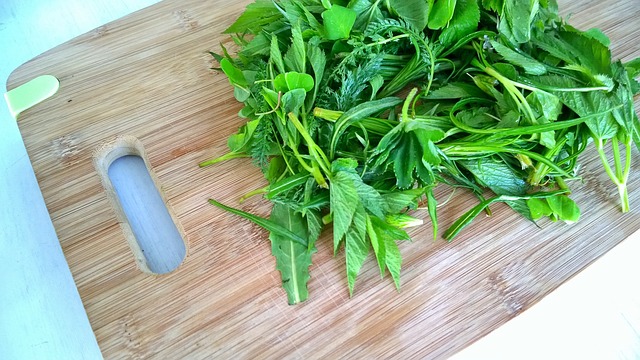Fighting Food Infection
Those molds and invisible germs in the fridge can actually kill you, particularly if you are over age 65. The Centers for Disease Control and Prevention (CDC) reports that every year in the United States, about 48 million people are sickened from eating contaminated food – 128,000 are hospitalized and 3,000 die.
To help the public understand the essentials of food health, the Partnership for Food Safety Education sponsors National Food Safety Education Month each September. This year's awareness campaign addresses the importance of properly chilling foods in your fridge or freezer.
 Many older adults live with chronic health conditions, which can make them more susceptible to food-borne infections. Also, seniors with cognitive and vision limitations may read food expiration labels and cooking instructions incorrectly.
Many older adults live with chronic health conditions, which can make them more susceptible to food-borne infections. Also, seniors with cognitive and vision limitations may read food expiration labels and cooking instructions incorrectly.
To prevent microbial hazards in food, the Partnership for Food Safety Education recommends the following:
- Clean. When handling and preparing foods, frequently wash your hands thoroughly with warm water and soap for at least 20 seconds, and clean surfaces that foods touch. Rinse fruits and vegetables well with water, including melons.
- Separate. Avoid cross-contaminating foods by using a separate cutting board, plates and utensils when handling and cooking raw meat, seafood and poultry.
- Cook. Food safety guidelines recommend that most foods be cooked to a minimum internal temperature of 160° F, measured with a food thermometer. The USDA provides a chart of safe internal food temperatures that you can keep handy in the kitchen.
- Chill. Always refrigerate or freeze perishable foods and leftovers within two hours of purchase or use (one hour when the temperature is 90° F or above). The refrigerator's temperature should be 40° F or below and checked with an appliance thermometer.
To help ensure older loved ones are protected from food pathogens, Right at Home caregivers can shop for safe, clean foods; properly store and cook foods; and provide sanitized kitchen cleanup.



